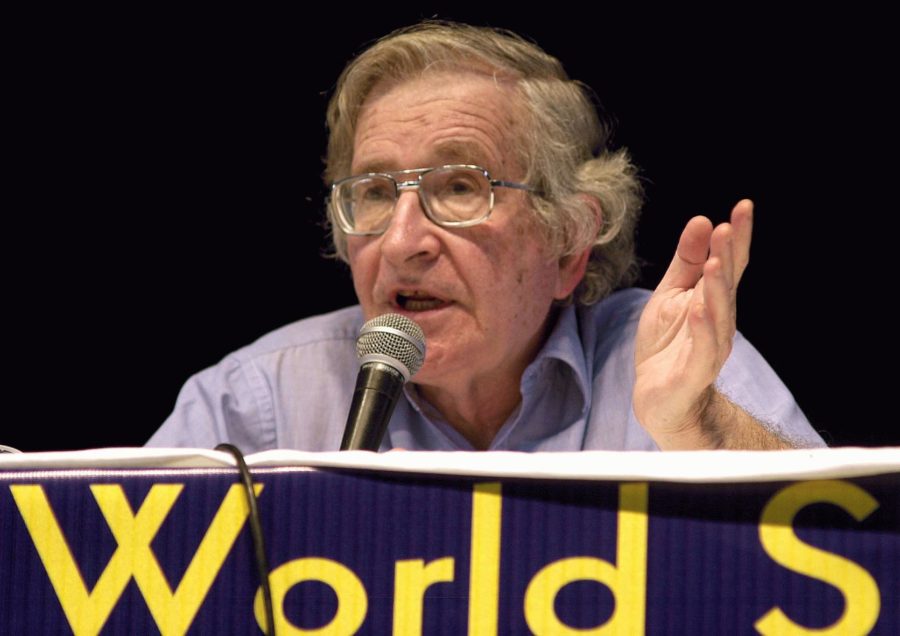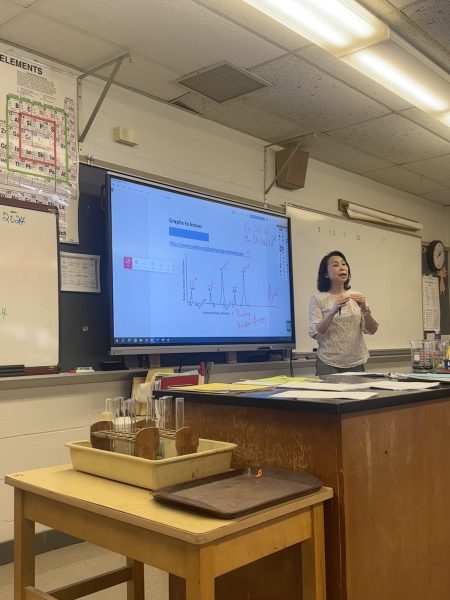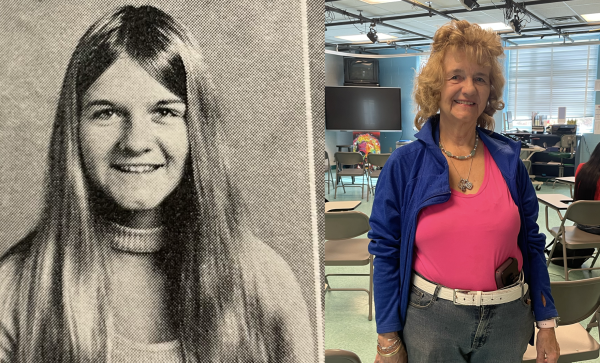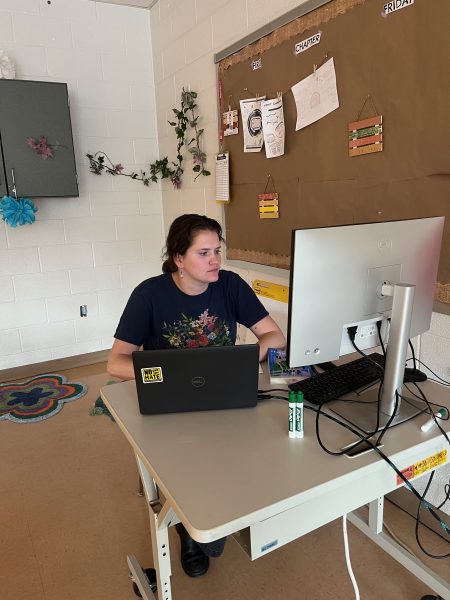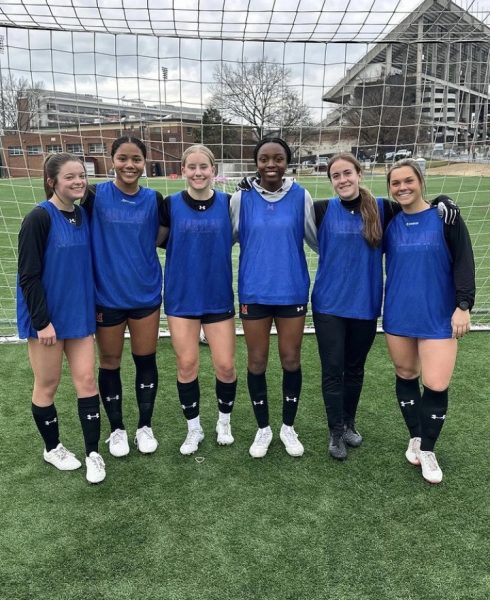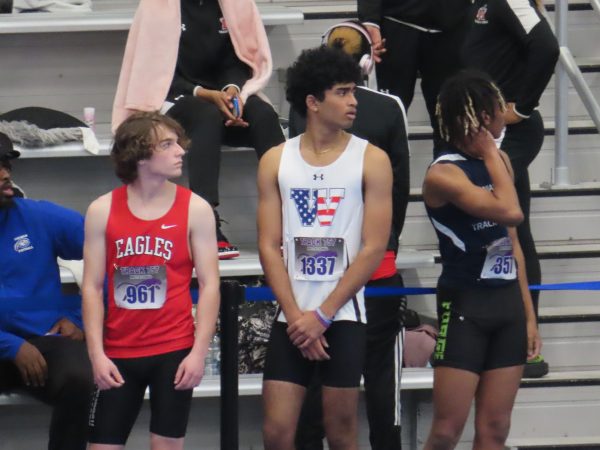A capitalist interviews Noam Chomsky
Photo used with permission from Google Commons
Renowned as the “father of modern linguistics,” Noam Chomsky is a philosopher, activist, and public intellectual recognized as one of the most cited authors in modern history.
Usually as a high school journalist, one expects to write their fair share of articles regarding anything from local events to national political issues, which may interest a decent number of students within the school. Rarely does a high school journalist like myself have an opportunity to interview a figure who has shaped both their own thinking and the worldwide academic landscape for generations.
Noam Chomsky is a man who needs no introduction. An activist, philosopher, professor, linguist, and one of the most cited authors in the humanities, Chomsky is an intellectual hero of mine. Although I disagree with him on certain issues – COVID-19 and many domestic political issues – it is impossible to describe his influence on my intellectual development in words. His vociferous critiques of American foreign policy and his unrelenting defense of free speech have been an inspiration and constant reminder to always be on the watch for acts of state violence.
It is on these grounds of reverence that I am pleased to post a recent interview I had with Chomsky. While this interview is short, it nevertheless retains key wisdom from Chomsky. Enjoy!
McDaniel: In recent years, attacks on public school curriculum are becoming more prevalent, especially in Florida, with Ron DeSantis railing against AP African American Studies and any form of Critical Theory. How do you think the future of public education in the United States looks?
Chomsky: The answer is up to people like you. DeSantis is at the forefront of a broad effort to refashion education on a Stalinist model. Whether they succeed or not depends on whether an engaged public will resist and try to preserve, and enhance, the system of mass public education that was one of America’s great contributions to democracy, now under severe threat.
McDaniel: You have been a famous critic of capitalism for most of your life. Do you believe Marx’s idea that capitalism will eventually kill itself by its own contradictions has any truth or relevance today?
Chomsky: Something of the sort is happening, though not exactly as Marx predicted. Marx was an enthusiastic admirer of capitalism for having overthrown the feudal economy, which produced wealth for the few but not capital that would be used for production of goods and services. During the past 40+ years the economy has been regressing to something like a feudal structure, where wealth is being produced for a few by financial manipulations that contribute virtually nothing to a productive economy.
McDaniel: Many students at my school have been immensely influenced by both your political and linguistic work. As you reflect back on your life and how you have influenced generations of thought, how does that make you feel?
Chomsky: I hope that the influence stimulates independent thought and inquiry. How well that’s achieved is for others to determine.
McDaniel: In “Manufacturing Consent,” you and Edward S. Herman famously proposed the concept of the propaganda model to explain the role of the mass media. While this outlook on the media may seem quite negative, do you have any advice for high schoolers who possess an interest in journalism as a career?
Chomsky: It’s not often noticed, but a large part of that book was [a] defense of the courage and integrity of journalists against deceitful and slanderous attacks by Freedom House. Journalism can be, and sometimes is, a noble calling.
McDaniel: Since many students in my school district engage or want to engage in some sort of political activism, what political texts would you recommend to a high schooler?
Chomsky: Lots of choices. Some of the most inspiring [are] the volumes “Voices of a People’s History,” Zinn-Arnove-Pessin, recently updated.
Thank you so much, Noam Chomsky, for taking the time to share some insights.
Your donation will support the student journalists of Thomas S. Wootton High School. Your contribution will allow us to purchase equipment and cover our annual website hosting costs.


